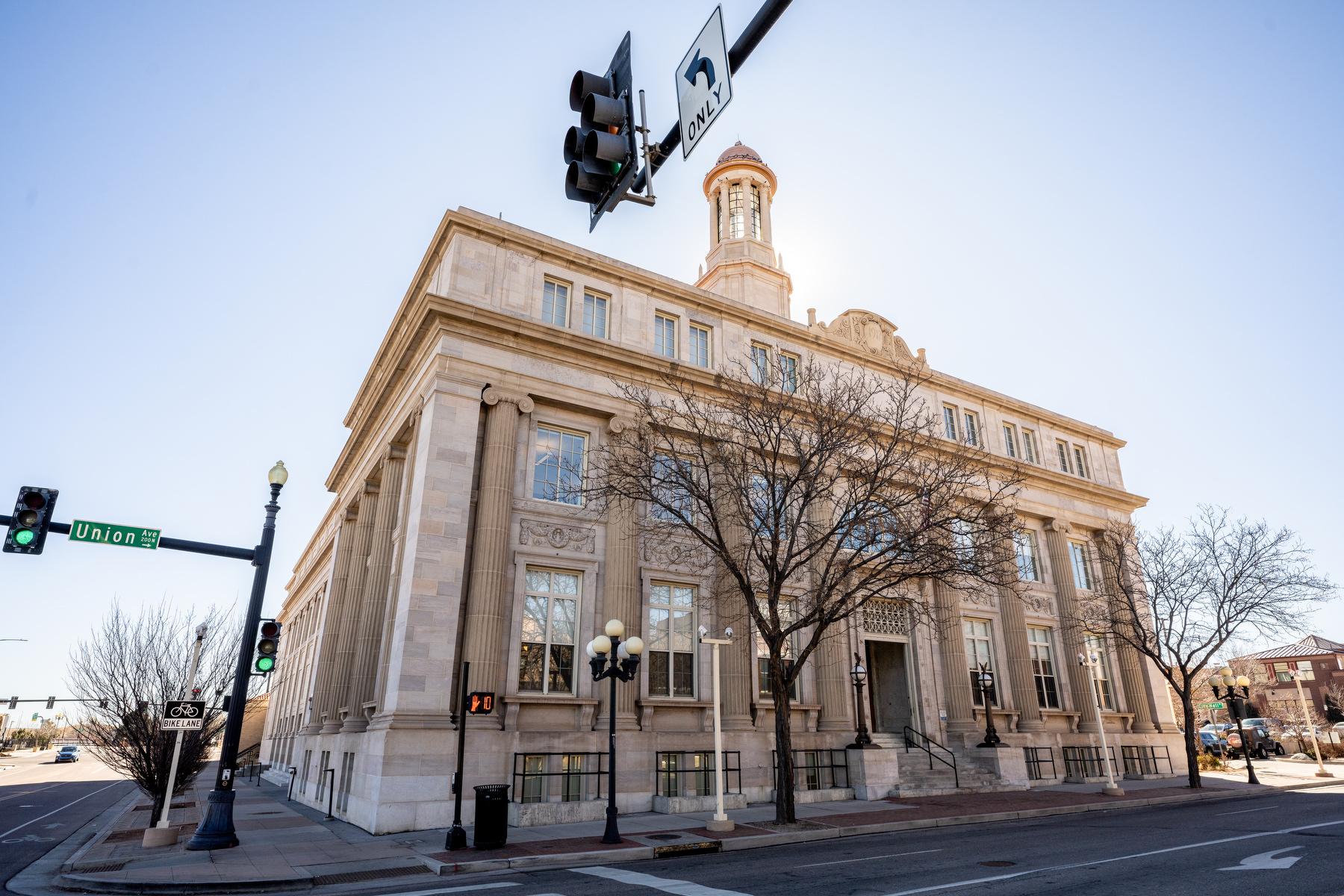
Federal agencies, depleted after eight months of layoffs and policy changes, are bracing for more disruption after lawmakers failed to reach an agreement on next year’s budget on Wednesday.
The shutdown, which could last weeks, is forcing agencies to shutter, furlough workers, or keep those with emergency or law enforcement positions on the clock without pay. After previous shutdowns, federal workers receive back pay for their work.
In Colorado, the federal government employs thousands of workers at climate or land-management agencies, including the National Oceanic and Atmospheric Administration, the U.S. Forest Service, the Bureau of Land Management, the Environmental Protection Agency, and others.
Former federal employees and advocacy groups say the shutdown will throw a wrench into critical work and upend the lives of many Coloradans.
Federal shutdowns are “very disruptive … and demoralizing,” said Scott Fitzwilliams, the former head of the White River National Forest in Colorado, which is the country’s most visited national forest. Fitzwilliams said he’s experienced several shutdowns over his career. “... and for a lot of government employees, they’re a little scary financially.”
The shutdown’s early effects are already beginning to ripple across Colorado’s 24 million acres of federal land.
Maroon Bells, a highly trafficked site in the White River National Forest, may shut down on Friday, unless the Forest Service obtains an exemption for its employees to keep working there, according to Brian Pettet, Pitkin County’s Public Works Director. The site’s website warns of shuttle bus cancellations if the shutdown continues, which could strand backcountry hikers.
Pitkin County maintains Maroon Creek Road, which leads to the site, and plans to close a gate to vehicle traffic if the U.S. Forest Service is unable to staff the site.
Pettet said the Forest Service should know by Thursday whether the site can remain open. A spokesperson for the White River National Forest did not return a request for comment. But the agency’s website features a banner that reads: “The Radical Left Democrats shut down the government.”
The National Park Service is expected to keep skeleton crews working to keep the lights on at Rocky Mountain National Park and other Colorado sites, according to a memo from the Interior Department.
Its website reads: “National parks remain as accessible as possible during the federal government shutdown. However, some services may be limited or unavailable.”
But advocacy groups said parks will suffer severe damage without sufficient staff. The National Park Service has lost more than 25 percent of its staff since the start of the Trump administration, according to the National Parks Conservation Association, a nonpartisan advocacy group.
“People across the country and from around the world have been making travel plans for months, expecting our parks to be open,” the NPCA said on its website.
“Instead, they face the real possibility of disruption and disappointment when they arrive,” it reads.
Environmental enforcement and climate research likely to suffer
The EPA’s Region 8 office in Denver oversees the agency’s functions across the Rockies and the plains. Those responsibilities include issuing pollution-control permits, inspecting sites and distributing grants to states and tribes.
Former EPA Region 8 administrator KC Becker said a shutdown would imperil those operations. “Staff couldn’t even work if they wanted to because access to their computer drives is turned off,” Becker said.
“There’s just constant decisions being made about permits and facilities and various rules, and all of that work will stop,” she added.
It’s unclear how many employees in Region 8 or in Denver have been furloughed. A union for regional employees did not return a request for comment.
An EPA spokesperson told CPR News that the agency is operating under its shutdown plan, which would furlough thousands of employees. But the New York Times reported that the EPA had instructed many employees to keep working.
The spokesperson did not respond to questions about the NYT report.
The Commerce Department, which oversees the National Weather Service and NOAA’s climate laboratories in Boulder, also indicated in a memo that thousands of employees would be furloughed under its shutdown plan.
The memo said that most research at NOAA’s labs will stop, but key programs — including some climate observations, and functions that protect human safety and property — would soldier on. Those include programs like the First Responder Network Authority, which provides professional training and resources to first responders.
A spokesperson for Rep. Joe Neguse’s office said that most research at Boulder’s NOAA facilities has stopped and “many” staffers are furloughed, but did not provide an exact number. Neguse visited the Boulder laboratories on Wednesday.
Dan Powers, executive director of the nonprofit CO-LABS, said a shutdown is a “self-inflicted wound” that affects contractors, private companies and universities who collaborate with federal scientists. Powers’ group advocates for federally funded scientific research in Colorado.
“Shutting down the federal government hobbles our ability to actually address the important issues facing our country,” he said.
The federal government also funds environmental science research and faculty positions through a partnership between CU-Boulder and NOAA, known as CIRES.
CIRES director Waleed Abdalati said that while researchers at the institute will continue to research wildfires, drought and other climate issues, they will not be able to access federal supercomputers or lab space.
“These disruptions have real implications — not just for the advancement of science, but for American leadership in the global scientific community and our ability to deliver timely insights that protect lives and livelihoods,” he said in a statement.
Nicole Mueksch, a University of Colorado spokesperson, said the university was still evaluating the impact of the shutdown.
“We are tracking this issue closely and preparing contingency plans to mitigate potential impacts, which range from the operations of federal labs we partner with to student financial aid,” she said.
The National Weather Service, which has offices across Colorado, said its key operations would continue, although the agency has been hollowed out by layoffs and resignations since January.
"NWS products, watches and warnings will continue to be issued as normal and will not be affected,” a department spokesperson said in an email.








